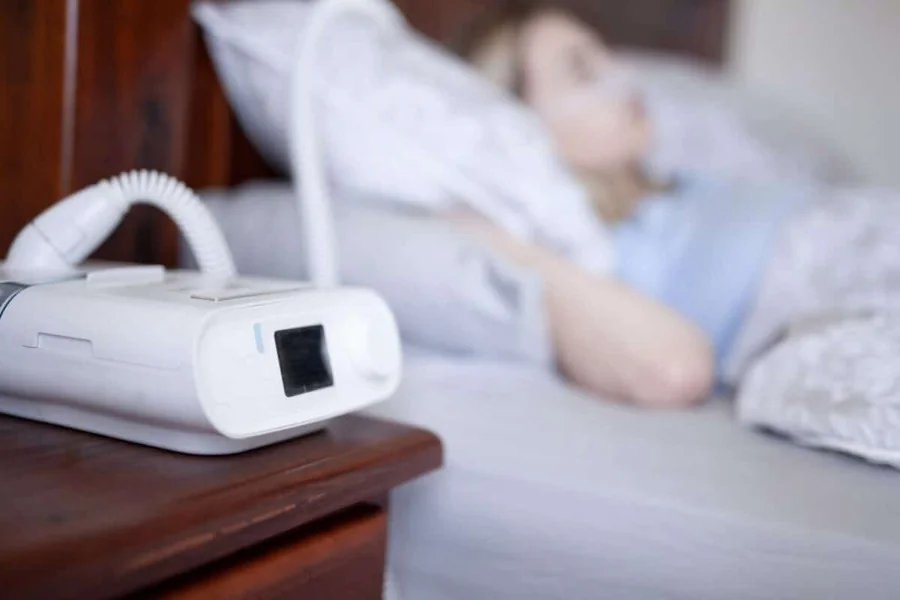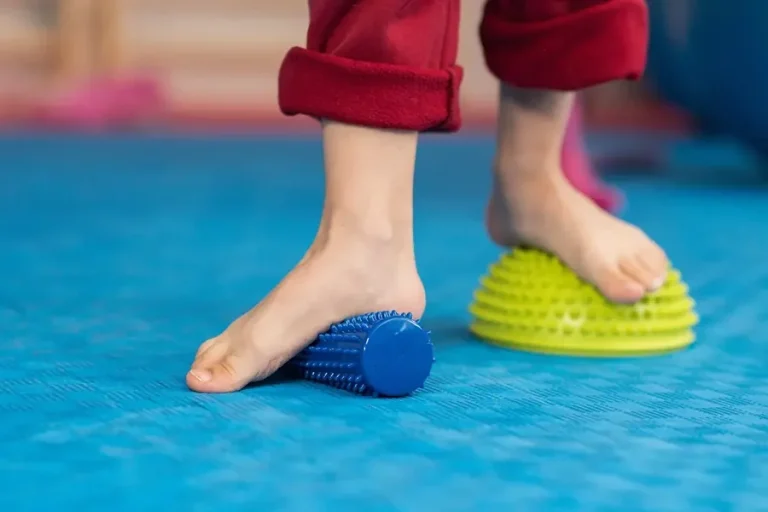The Silent Clues In Your Mouth That Point To Sleep Disorders

Your mouth holds silent clues about sleep disorders. Dental health often reveals these signs. Worn-down teeth or a sore jaw can indicate nighttime grinding linked to sleep apnea. Waking up with a dry mouth might suggest snoring and disrupted sleep. These signs are easy to miss, but catching them early can improve your sleep. Regular dental checkups can uncover these indicators. Discuss any concerns with your dentist. If you need restoration, Dedham tooth implant options can support oral health affected by these issues. Understanding what your mouth is communicating can significantly impact your well-being.
Common Oral Signs of Sleep Disorders
Recognizing oral signs can serve as an early alert system. Some common indicators include:
- Teeth Grinding: Also known as bruxism, this can wear down teeth over time.
- Dry Mouth: Often linked to mouth breathing or snoring.
- Sore Jaw: A frequent result of nighttime teeth grinding or clenching.
These signs warrant discussion with healthcare providers. They can provide valuable insight into your sleep patterns.
Link Between Oral Health and Sleep Apnea
Sleep apnea is a serious condition where breathing stops and starts during sleep. Oral health issues like bruxism often correlate with sleep apnea. The grinding may be your body’s reaction to airway obstruction.
For more information, consider checking resources like the Centers for Disease Control and Prevention for a deeper understanding of sleep apnea and its effects.
Recognizing Snoring as a Sign
Snoring, while common, can indicate sleep apnea. It’s often accompanied by dry mouth and frequent waking. Snoring occurs when airflow through the mouth and nose is obstructed.
Dental Solutions for Sleep Disorders
Addressing these oral signs can involve several approaches:
- Dental Appliances: Custom-fitted mouthguards can reduce teeth grinding.
- Nasal Strips: Can open nasal passages to reduce snoring.
- Tooth Restoration: Options like Dedham tooth implant restore damaged teeth.
These solutions not only protect your teeth but also enhance sleep quality.
Comparison: Nightguard vs. CPAP Machine
| Feature | Nightguard | CPAP Machine
|
|---|---|---|
| Primary Use | Reduces teeth grinding | Treats sleep apnea |
| Comfort Level | High | Varies based on individual tolerance |
| Cost | Lower | Higher |
| Effect on Snoring | Minimal | Reduces significantly |
The Role of Regular Dental Checkups
Regular dental visits can catch early signs of sleep disorders. Dentists can identify wear patterns on teeth or issues with alignment. These insights can guide you toward solutions that improve your sleep.
Visit resources like the National Institute of Dental and Craniofacial Research to explore further how dental health interfaces with overall well-being.
Steps to Take If You Notice Symptoms
- Schedule a dental checkup to discuss symptoms.
- Consider a sleep study to evaluate overall sleep health.
- Explore treatment options like dental appliances or CPAP machines.
Conclusion
Your mouth can tell stories about your sleep quality. By paying attention to dental health and acting on early signs, you can address potential sleep disorders. This proactive approach not only enhances sleep but also contributes to better overall health. Begin by discussing concerns with your dentist and exploring appropriate treatment avenues.






